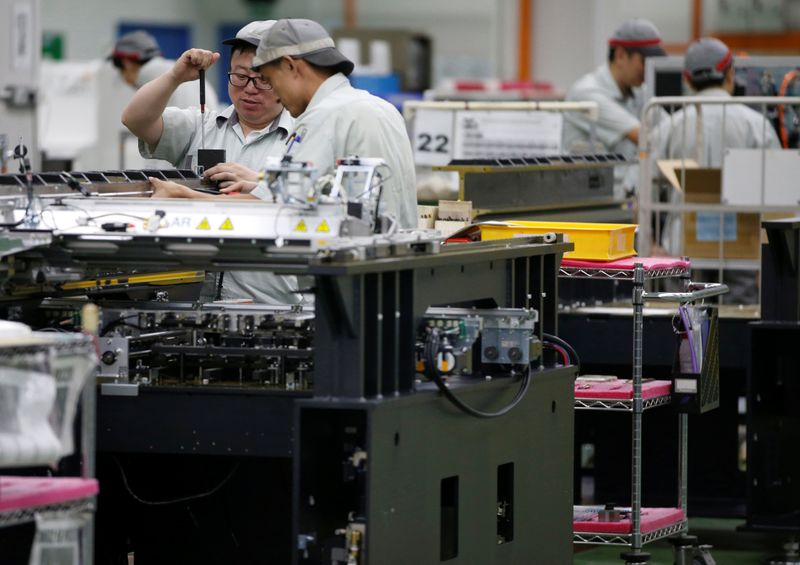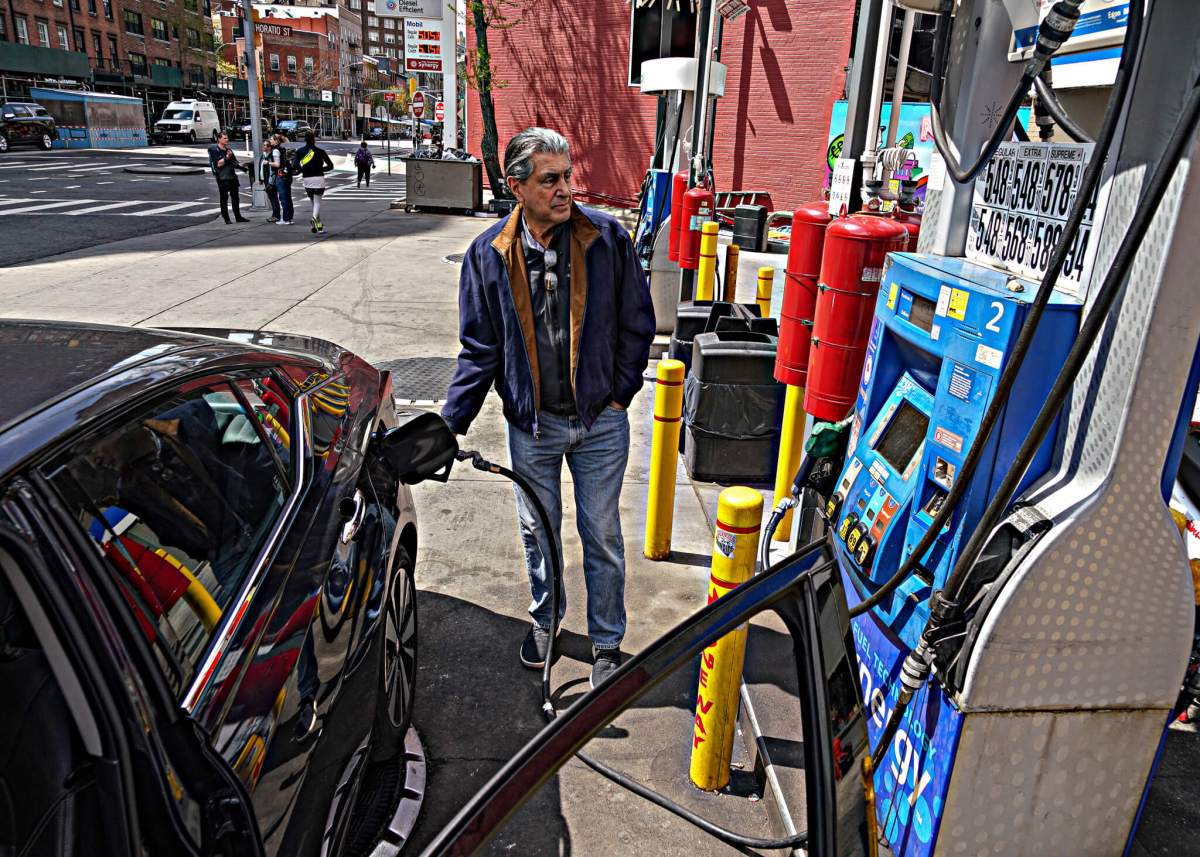SINGAPORE (Reuters) – Singapore’s industrial output in August rose 13.7% from a year earlier, surging past economists’ expectations as electronics production rose at its fastest pace in nearly three years, official data showed on Friday.
While the jump was accentuated by a comparatively lower base a year ago, economists said it could be a sign of a nascent recovery for Singapore’s economy, which like other countries has been hit hard by the coronavirus pandemic.
Industrial production marked its first rise after three straight months of contraction. Economists had expected a 4.6% increase, according to the median of their forecasts in a Reuters poll.
Singapore’s industrial production last month climbed 13.9% from July and on a seasonally adjusted basis, the data showed. Economists had expected a 2.6% rise on a seasonally adjusted basis.
“This manufacturing and electronics growth prints…bodes well for the recovery story for the Singapore recovery in 3Q20,” said Selena Ling, head of treasury research and strategy at OCBC Bank.
Electronics output rose 44.2% in August, data from the Singapore Economic Development Board showed. The semiconductors segment grew 56.9%, supported by demand from cloud services, data centres and the 5G market.
Trade-reliant Singapore is headed towards its deepest ever recession because of the pandemic. The country has been gradually lifting some of its lockdown measures to reopen its economy in recent months and signalled it wants to slowly resume tourism and travel.
While analysts expect the electronics sector to continue to grow, they warned that overall economic recovery will likely be sluggish.
“We are recovering but probably not going to get back to pre-coronavirus levels by the end of this year,” said Barclays Regional Economist Brian Tan.
(Additional reporting by Aradhana Aravindan in Singapore; Editing by Rashmi Aich and Christian Schmollinger)
























